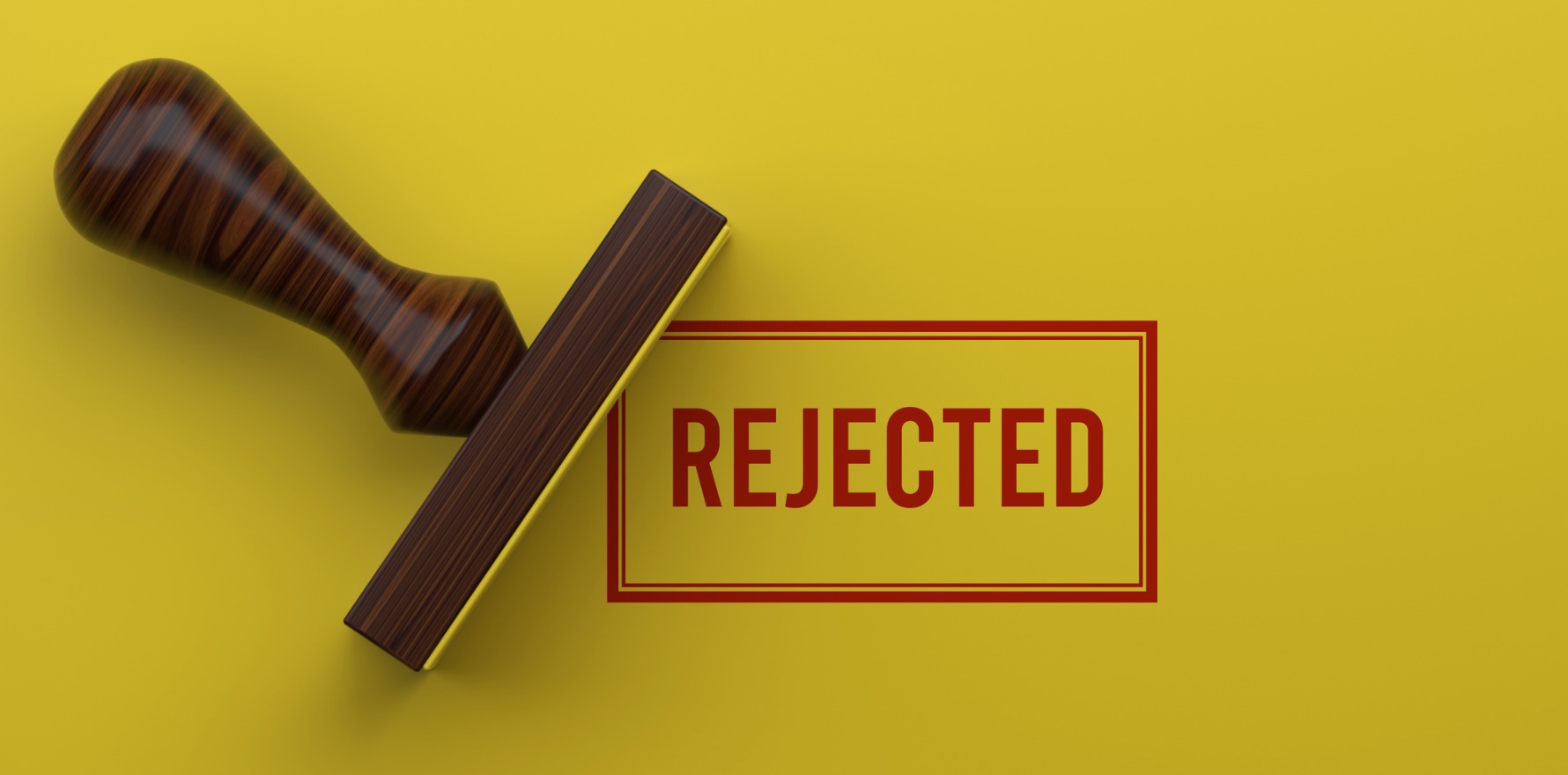The Australian General Practice Network says it is ready to take matters to the Supreme Court if necessary.
GPs in South Australia are being invited en masse to lodge an objection to payroll tax orders that arose out of the state’s amnesty program.
It comes after practices that applied for the state’s payroll tax amnesty were told, seemingly without exception, that their business structure put them on the hook for payroll tax on all contractor doctors when the amnesty period ended in June.
On Wednesday, the Australian General Practice Network (formerly Australian Divisions of General Practice) – a registered charity offering HR consultancy, payroll management and staffing solutions – wrote to South Australian GPs and practice managers with a unique proposal.
It starts by explaining its contention that the state revenue office got its assessments wrong, and that “many, if not most” of the practices would not owe payroll tax on their tenant doctors.
The letter, which is signed by AGPN CEO Dr Susan Pearce (PhD), cites contractual independence, control over hours, patient relationships and distinct business entities as factors that could be used to argue against the SRO’s determination.
It also contends that the contract review process which practices undertook as part of the amnesty was unsatisfactory and that there was no attempt to address the fact that the contract considered in the Thomas and Naaz case were substantially different to the majority of regular GP contracts.
“We intend to argue that a structure where a service entity provides premises and administration services to independent GPs in return for a service fee should not attract payroll tax under the current act,” Dr Pearce wrote.
Related
AGPN intends to prepare a legal letter for the SA government detailing its concern with the contract review process.
It will also develop a template letter that practices can use to register their objection to the determination.
Should that fail, AGPN is prepared to coordinate a “collective legal action” for practices and will pursue the matter to the Supreme Court if needed.
The non-profit is now asking practices to contribute $110 toward the cost of the legal letter, in exchange for which it will add the practice name as a signatory.
It plans to have the letter ready to issue by the end of the month.





